Affirmative Action in Jail Sentencing
the court system in Canada is broken, and it's only going to get worse
On December 31, 2020, a 17-year old man in Calgary was pulled over for a routine traffic violation by 37-year old police officer Sgt. Andrew Harnett.
After being stopped for ~45 minutes, the man fled the traffic stop with Harnett attached to the vehicle, dragging Harnett into oncoming traffic, where he was hit by a car and died. The fleeing man left Harnett’s corpse on the cold pavement, went home, slept, and then turned himself in to police the next day.
Sgt. Harnett left behind a pregnant wife whose child will now grow up fatherless because some entitled prick refused to get a traffic ticket.
That driver who refused to get a ticket has brown skin — he’s middle-eastern. Needless to say, that shouldn’t matter one iota, but sadly Canada’s “justice” system is heavily based on skin color. The killer knew this, and milked it for all it's worth.
“We do not have a justice system in Canada, we have a legal system.”
— Allan Hunter, friend of the deceased police officer
In court a couple of months ago, the driver spoke about how he’d spent a lot of time over the past months on social media because of the pandemic, reading about “oppression in Africa” and “the murder of George Floyd”. Because he was brown, he argued, he was afraid for his life. He blamed Andrew Harnett’s death on anti-brown racism.
“I’ll be frank, I think I was just trying to save myself … I’m thinking I’m done, I’m going to get dragged out of the vehicle and I’m going to get killed,” he said.
"You brought up George Floyd in your direct examination. Do you remember what happened to George Floyd?” asked the prosecutor. “Let's talk about what we just saw with Sgt. Harnett if we could, because you're bringing this up at a trial that involves his death … Any abusive language from him?"
"No," the driver replied.
"Anything that was insulting to your age, your race, your ethnic background or religion?" the prosecutor asked.
"Not necessarily, no. Actually, I felt like I was being racialized, right? Just the fact that the door opened and the fact that he asked for my phone number. I've never been asked for my phone number."
…as if being asked for his phone number is racialization that would make him fear for his life?
The prosecutor pressed on, arguing that any insinuation of the traffic stop being racist was something the teen wanted the court to "take his word for."
"That's how I felt," the driver replied. "I look quickly to my left, I look to my mirror and I observed that officer Sergeant Harnett had his hand on his gun and as soon as I saw that, honestly I took off. I was scared … I thought something bad was going to happen. I thought just the fact, ‘Why would he have his hand on his gun?’”
The judge reviewed the body cam footage and concluded this “hand on the gun” line was a concocted story. The judge called the defendant’s testimony "untruthful," "self-serving," "evasive" and "fabricated."
Nonetheless, it worked. The charge was downgraded from murder to manslaughter.
"We left feeling really defeated, we left feeling gutted, stunned," said Jason Harnett, speaking on behalf of Andrew Harnett’s family. "It's a difficult day."



It should be noted that the judge who ruled that this was not murder, Justice Anna Loparco, was appointed by Justin Trudeau’s Liberal Party of Canada in 2016. This is relevant because the Liberal Party of Canada is notoriously soft on crime, strongly opposed to race-blind justice, and only appoints judges who agree with their racial ideology. Justice Loparco is symptomatic of a deeper rot.
From Anecdotal to Systemic: Mandatory Impact of Race and Culture Assessments
Anecdotes can be illustrative of a wider systemic problem if they provide a specific, relatable example of a larger issue that is present in society.
The anecdote of Sgt. Andrew Harnett shows the extent to which Canada’s justice system is broken... every single aspect of Canada is built upon the foundation of affirmative action, as outlined on Section 15(2) of our constitution.
This constitutional right to affirmative action was what drove a groundbreaking ruling from Nova Scotia’s highest court in August 2021, in which the court ruled that, when it comes to sentencing black people, it “requires judges to consider systemic racism.”
In this case, the court ruled that a black guy in Nova Scotia (who was carrying an illegal gun tucked into his pants) came from "trauma and marginalized communities" and thus had a “heightened sense of self security, which explains why [he] had a loaded handgun.” He had a “reduced capacity for moral culpability” because he was “struggling with his identity in the context of a criminally impacted community that has incubated mistrust, rivalries, and violence .. The African Nova Scotian offender’s background and social context may have a mitigating effect on moral blameworthiness.”
Yes, you read that right. He automatically has lower “moral blameworthiness” and lower “moral culpability” because of his skin color. Therefore his sentence should be mitigated.
Everyone already knew that the Canadian court system was broken; that you would receive a lighter sentence if you played the race card; now that informal knowledge is codified. If you are black and you carry an illegal gun, you will receive a lesser sentence than if you are white and carry an illegal gun. This is now the law.
This law validates the science™ outlined in a 2022 paper, The Traumatizing Impact of Racism in Canadians of Colour, which finds black people in Nova Scotia experience various types of racism daily, such as “being stared at by strangers” or “being treated in an “overly friendly or superficial way.” Below is their model of intergenerational trauma of black Nova Scotians… presented without comment:
In practice, this ruling means that Impact of Race and Culture Assessments (IRCA) reports are now mandatory whenever a black person is sentenced.
IRCAs are “pre-sentencing reports that help sentencing judges to better understand the effect of poverty, marginalization, racism, and social exclusion on the offender and their life experience. IRCAs explain how the offender’s lived experiences of racism and discrimination inform the circumstances of the offender, the offence committed, and the offender’s experience with the justice system.”
How do you determine who is black enough to qualify for an IRCA? The African Canadian Civic Engagement Council (ACCEC) writes IRCAs, and their website says that they serve the following ethnicities:
The question is how north do you have to go in Africa before an African stops being “African”? There are plenty of white people in Egypt, for example.
But, Egypt shares a border with Sudan.
And the Berbers, for example, live in scattered communities across Morocco, Algeria, Tunisia, Libya, Egypt, Mali, Niger, and Mauritania.
But when you google “Mali people,” this is what Google shows you:
I reached out to 7 groups to inquire where exactly they draw the line in Africa, whether they would write a IRCA report for a Berber or Egyptian, whether they would accept the one-drop rule as “black enough” (as Hitler did), and if they could provide me with any documentation outlining their standards for just how black you have to be before you qualify for an IRCA.
ACCEC
The Peoples' Counselling Clinic
the Canadian Criminal Lawyers’ Association
the Canadian Civil Liberties Association
Sentencing and Parole Project
the Canadian Association of Black Lawyers
African Nova Scotian Justice Institute
I did not receive a response from any of the 7 groups.
IRCAs Spread to the Rest of the Country
“We’re going to see IRCAs and IRCA-like issues across the country as this tool is used in other spaces,” says Robert Wright, the head of the African Nova Scotian Justice Institute.
“I think it’s a ruling of national importance,” says Faisal Mirza, counsel for the Criminal Lawyers’ Association before the Nova Scotia Court of Appeal. “Because it requires judges to reckon with the impact of Canada's history of anti-Black racism and over incarceration before determining [a] sentence for Black people.”
“We know that federally there’s been funding to roll these IRCAs out in every jurisdiction, so I think we’re just starting to see this take off,” concurred Nova Scotia Legal Aid lawyer Brandon Rolle. “Even though we’ve been working on it a long time here in Nova Scotia, and I think it’s gonna have a national impact, which Nova Scotia should be sort of proud about in terms of being the ones who introduced this to the country.”
The federal government has now earmarked $6.64 million over the next five years to fund the implementation of IRCAs for all provinces and territories, followed by $1.6 million annually on an ongoing, indefinite basis. IRCAs will now be permanent nationwide.
Ontario and Alberta have already started rolling them out, but I couldn’t find evidence in the other 10 provinces and territories. I am guessing it takes a couple of years for them to set up the infrastructure.
The kink that now has to be worked out is whether a “causal connection” between the existence of racism and the offence committed by a black offender is necessary for black skin to be a mitigating factor in sentencing.
In Nova Scotia, the judge ruled that causal link does not need to be proven. The sentence is automatically mitigated based on skin color. If you are black, your sentence is mitigated.
The Ontario Court of Appeal, however, concluded that a causal link was required to be proven.
How do you prove a causal link between your skin color and whether or not you are morally culpable for your crime? I guess this depends how convincing your sob story is, and on how sympathetic that judge is feeling on any given day.
There seems no principled means of using the sheer fact of systemic racism as a factor in mitigation of sentence. To make the sentencing hearing into the sort of forum where the judge could make statements about specific social ills through the sentence itself requires one to completely re-conceive the nature and purpose of the sentence; and, possibly, the nature of criminal justice generally.
— Wayne K. Gorman, judge of the Provincial Court of Newfoundland and Labrador
Repealing of Mandatory Minimums
The judge who made the IRCA ruling in Nova Scotia noted that it reflected the same principle as in the federal government’s proposed Bill C-22, which would repeal many mandatory minimum sentences in order “to address the systemic discrimination and disproportionate representation of Indigenous and Black offenders in federal prisons.”
"Bill C-22 gives judges flexibility to impose sentences that truly take into account all of the circumstances of the offence and the offender, including experiences with systemic racism and discrimination," says David Lametti, the Minister of Justice.
This is a trend. The Liberal party is repealing mandatory minimums wherever they can, purely because of race. We have to lower the bar for everyone to accomodate the weakest links in society. See:
Building on Gladue Reports: Towards a Segregated Criminal Justice System
IRCAs build on Gladue reports, which are basically the same special report, but for indigenous people rather than black people. Gladue reports have been mandatory for every indigenous prisoner since a 1996 decision when the Supreme Court of Canada ruled judges must consider the unique circumstances of Indigenous offenders before they are sentenced. Gladue reports provide recommendations of alternatives to incarceration for a judge to consider, like healing lodges, cultural healing, and early release.
Gladue reports have been around for 20+ years and haven’t accomplished anything.
Nothing.
The percentage of indigenous prisoners has roughly doubled since Gladue reports were introduced. Today, Indigenous people are ~30% of prisoners despite being only ~5% of the population.
This is what the soft bigotry of low expectations gets you: if you treat an entire race like they aren’t morally culpable for their crimes, they will never take moral responsibility for their crimes.
Treat indigenous people like adults, not like babies.
Conclusion
Canadian judges were already required to consider Gladue reports in every case involving the sentencing of an Indigenous offender.
Now Canadian judges are required to consider IRCA reports in every case involving the sentencing of a black offender.
Why not have special courts for Arab prisoners?
And special courts for Chinese prisoners?
And special courts for Indian prisoners?
And special courts for Filipino prisoners?
And special courts for Muslim prisoners?
And special courts for Christian prisoners?
As long as we are eschewing a race-blind justice system, why not go fully segregated? Everyone deserves a judge of their own race and religion to sentence them. That sounds silly, but at the rate we are going, a fully segregated justice system is only a matter of time.
That gets to the root of the problem — Canadians believe that any inequality in outcome is automatically proof of racism or discrimination.
“It is unacceptable that Black, Indigenous and all racialized people face significantly disparate outcomes at the hands of our justice system,” says Mary-Liz Power, a spokeswoman for Minister of Public Safety,
“Various forms of racism, structural, systemic and institutional racism have undoubtedly produced these disparities. There's no doubt about that in my mind,” said Owusu-Bempah, a University of Toronto sociology professor.
You know who else faces disparate outcomes in Canadian jails? Males.
94% of prisoners in Canada are male.
In Nova Scotia, the court ruled that “the disproportionate incarceration of Black offenders reflects the systemic discrimination and racism that permeates the criminal justice system.”
Thus, it follows that the disproportionate incarceration of male offenders reflects the systemic discrimination and sexism that permeates the criminal justice system.
I’m serious: if we automatically mitigate sentences for black and indigenous people because they are overrepresented, then why shouldn’t male overrepresentation be considered a mitigating factor? Isn’t that disproportionate incarceration rate proof of discrimination? Shouldn’t the outcome for the sexes be exactly equal, just as the outcomes for all races should be exactly equal? Why not? What’s the difference?
To this, dear liberal, of course you will say that males are overrepresented in jails because they commit more crime than females.
Yes. And black/indigenous people are overrepresented in jail because they commit more crimes than Chinese, Indian, Filipino, Scottish, Irish, or Ukrainian canadians.
Here is a radical idea for decreasing the number of indigenous and black inmates in Canadian jails, presented in GIF form:
The Toronto Police Service used to provide detailed stats on criminal arrests by race. The data, when they still collected it (gee, I wonder why they stopped?), showed that from 2013-2017, black people were involved in 30.6% of sexual assault investigations, even though they made up 8.8% of Toronto’s population.
All the proof you need to verify this is to look at the current list of Toronto’s most wanted criminals.
Does it look like these people are the victims of discrimination?
Or do they look like they are causing other people to be victims?
A Liberal judge would argue that they are criminals because society failed them. In Canada, the criminals are always the biggest victim. Poor criminals.
Another way of looking at it is that society didn’t fail them, they failed society. They chose to shoot, stab, and rape other people, now have to deal with the consequences. End of story. Who cares what their skin color is? Infantilizing them by not arresting them, letting them go, giving them lighter sentences, or hiding skin color information when reporting, is complete bullshit. Treat everyone the same. Ignore their skin color.
I can’t believe that this viewpoint makes me an extremist political dissident in 2023.
Clown world.








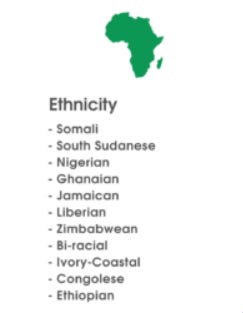



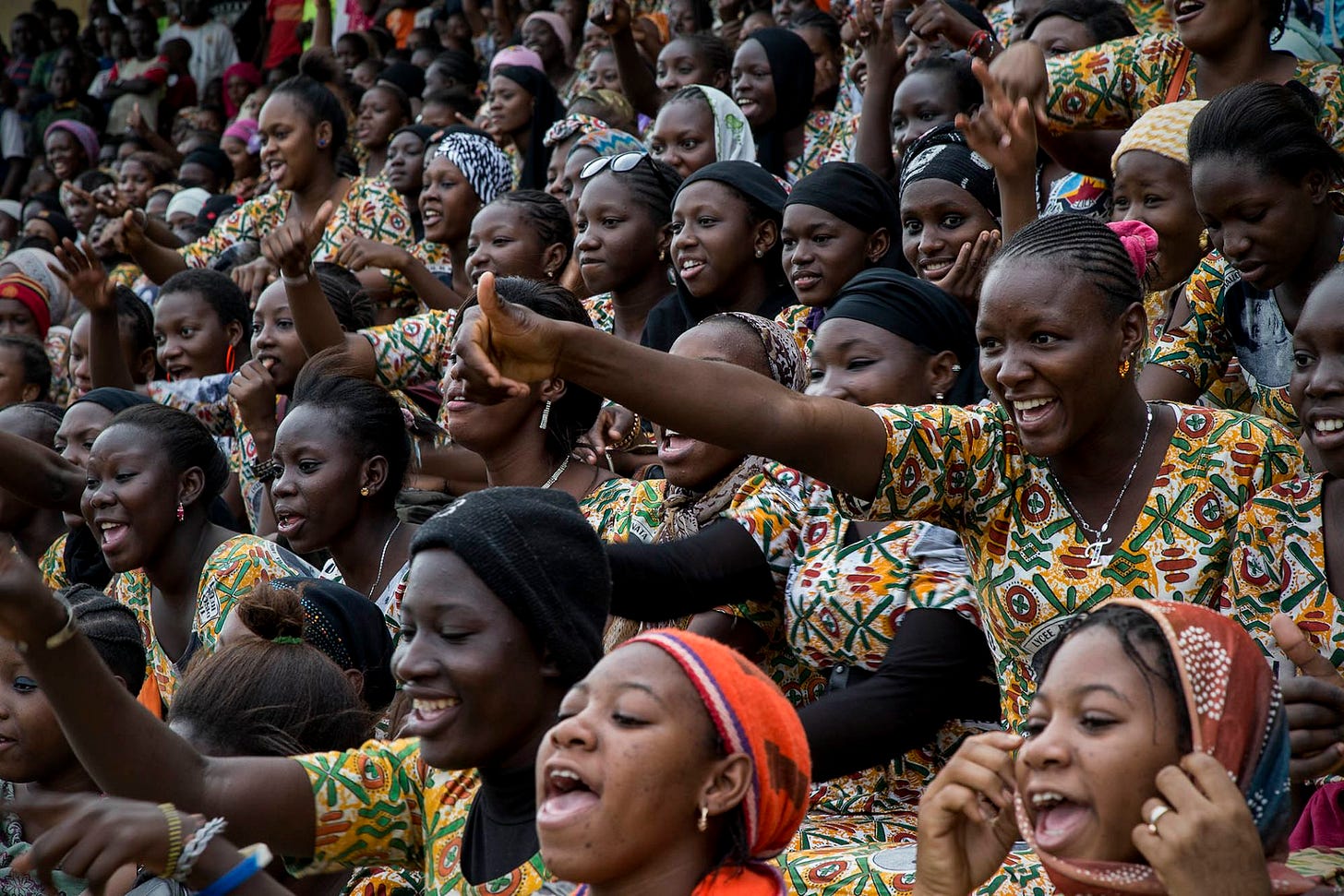

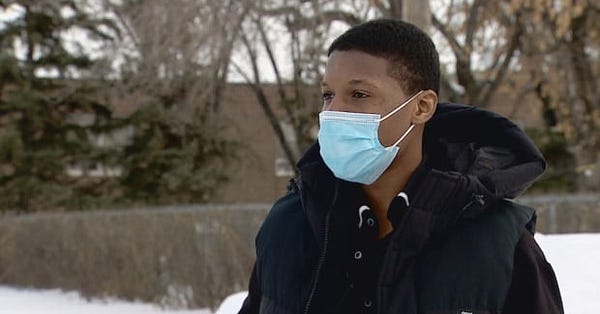

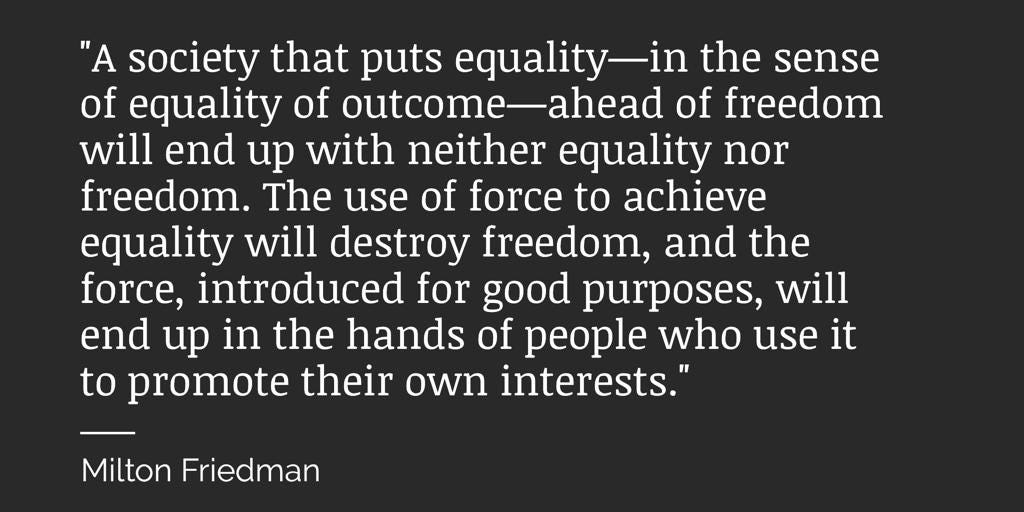



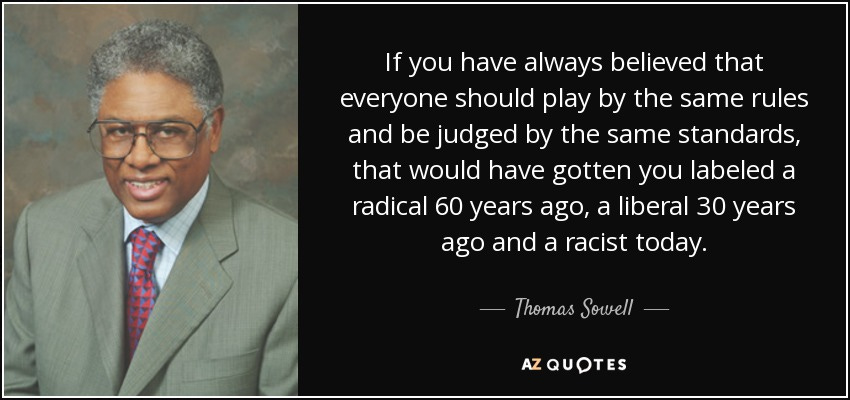
Wow. All the shittiest ideas from the shittiest legal scholars and activist judges of the 60s and 70s, which were ultimately abandoned after causing an unprecedented violent crime wave, are now being recycled by a new generation of leftist morons and, surprise surprise, the violent crime rates are going up rapidly again. "Those who do not remember the past are condemned to repeat it." Unfortunately, they're dragging the rest of us backwards with them.
So an Arab can get manslaughter for murdering a police officer merely because the latter was white.
While a father can be held in contempt of court for calling his daughter 'she' while trying to prevent her from cutting off her tits.
While professorships and other high status positions are meted out jn an open racial spoils system.
The descendents of those who built Canada are now firmly at the bottom of society, subjected to regular humiliation rituals, and lorded over by the newcomers. Should a white person notice this, much less criticize it, he will be shouted down and destroyed, with other whites doing so with the greatest enthusiasm.
Canada is a conquered county and to be a white Canadian is simple helotry.